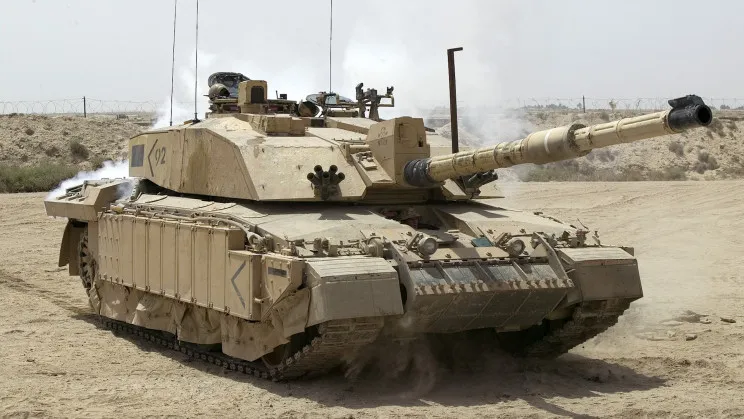NATO May Be Planning to Build Solar Panel-Powered Tanks
- NATO Secretary-General Jens Stoltenberg lately called for photovoltaic panels to be used to assist power "hefty battle tanks or fighter jets and naval ships," at an online seminar entitled New Ideas for NATO 2030-- whose transcript is published on the NATO website.

During the seminar, Stoltenberg addressed the fact that the armed forces of the globe requirement to act to curb their substantial CO2 discharges-- which are so significant they go beyond whole nations.
" NATO must do its component to look into how we can decrease exhausts from military operations," Stoltenberg discussed. "We understand that hefty battle tanks or competitor jets and marine ships, they eat a great deal of fossil fuel and emit greenhouse or co2, and consequently we do need to check out how we can reduce those emissions by alternate gas, photovoltaic panels, other methods of running our goals."
Stoltenberg additionally defined the manner in which decreasing reliance on fossil fuel could increase the strength of soldiers as well as military operations, which are commonly performed in areas where fuel transport is an added difficulty to objective success.
" If we can make [ourselves] less reliant [on vulnerable supply lines], we are both minimizing exhausts, yet at the same time, increasing the military performance, the strength of our troops," the NATO chief claimed. "So we are dealing with that with various projects to check into how we can make our militaries greener as well as less depending on fossil fuels."
Combat's carbon footprint
Breaking down the carbon footprint of these automobiles, and also without a doubt global armed forces companies give us a much more rounded view over Stoltenberg's comments-- which can be identified as enormous understatements when it concerns army fossil fuel usage.
According to an SGR report, the carbon footprint of EU armed forces expenditure in 2019 was greater than 24.8 million tCO2e-- comparable to the annual CO2 discharge of around 14 million typical vehicles. Nevertheless, the very same report points out data quality issues with the price quote, mentioning that the number may, as a matter of fact, be conventional.
A 2019 study, on the other hand, reveals that the US military is more of a polluter than 140 nations integrated. When it comes to tanks themselves, The National News reports that "the carbon exhausts from a 60-tonne United States Abrams major battle tank are calculated to be the equivalent of 10 Mercedes-Benz autos."
Could photovoltaic panels really power a heavy battle tank?
Powering a tank via existing solar technology would certainly be, by all accounts, exceptionally unpractical-- though advancements in solar, such as Perovskite cells, do stand to improve effectiveness and toughness.
Offered the truth that solar panel-powered vehicle technology is still in its early stage, and market leaders such as the Light Year One, are currently just efficient in approximately 7.5 mph (12km/h) of billing using solar, the modern technology still has a long way to go-- specifically as an US Army armored division requires the energy of up to 500,000 gallons of gas a day.
Still, a recent short article by The Driven describes how hybrid-electric propulsion systems could be utilized in the short term to assist improve tank performance by giving power for sub-systems, reducing supply chain demand, streamlining maintenance, as well as a host of various other applications. The underlying takeaway is that incremental steps can be carried out as we get ready for oncoming innovations in renewables.
"All of us have an obligation to do even more to fight climate change," Stoltenberg described in the online seminar. "Which is why we are taking a look at how NATO can play our part in reaching Net Zero." Given the reality that NATO was developed as a peacekeeping organization in Europe, it has a great duty to halt the continuous climate crisis.
Also read

